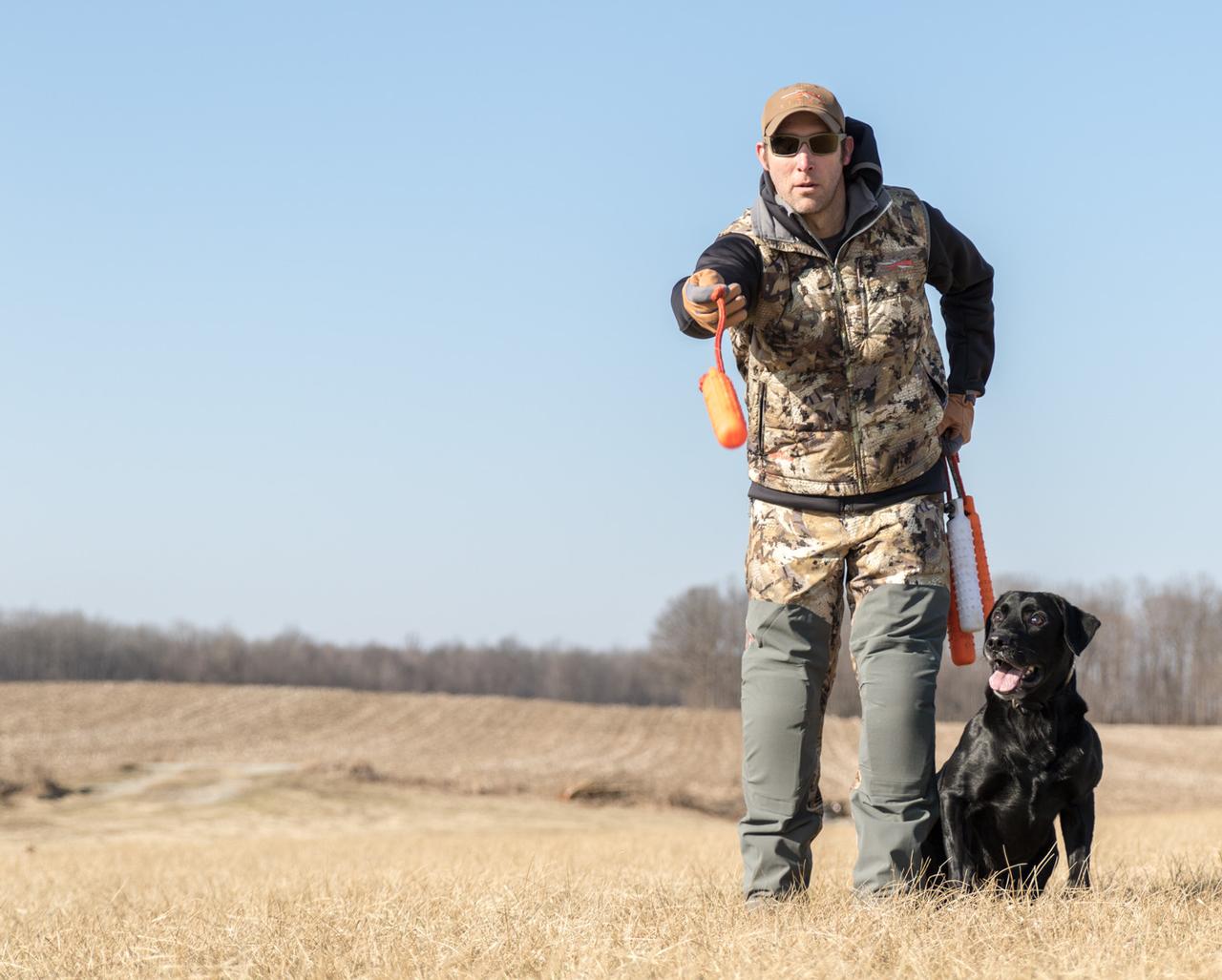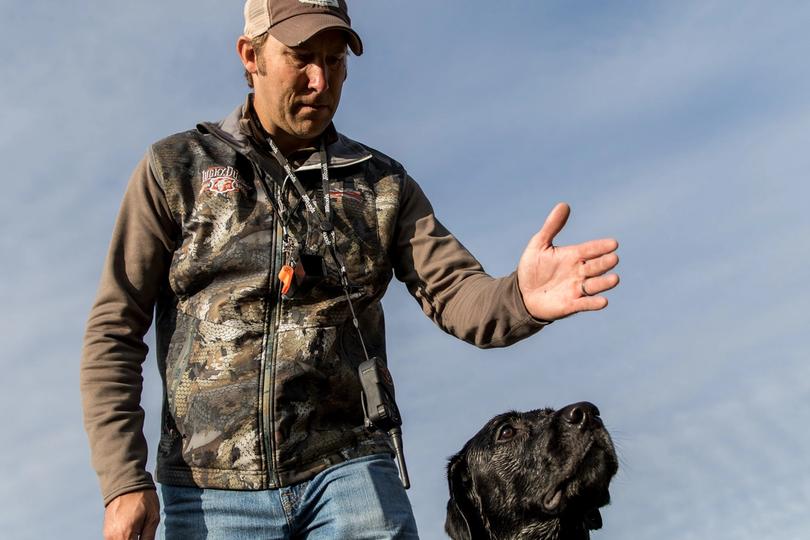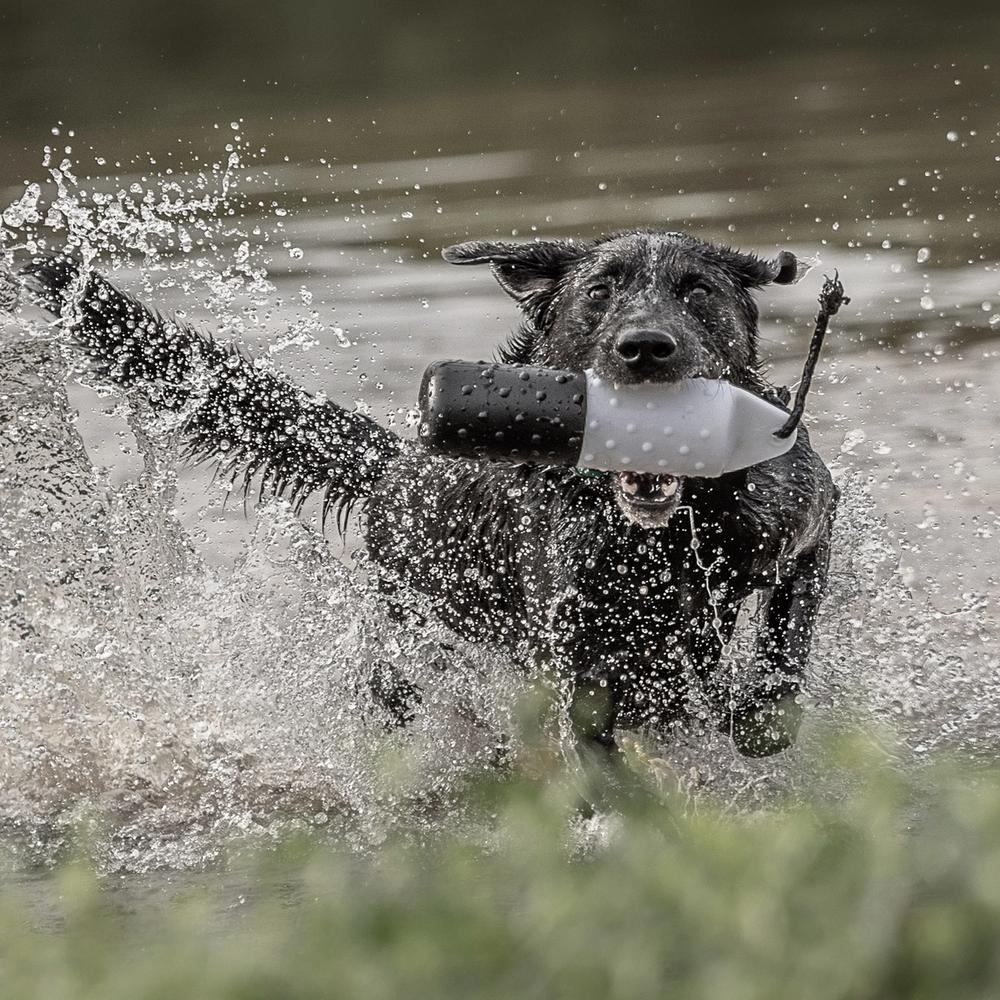
10 Mistakes in Gun Dog Training and How Not to Make Them - Part 2
Posted by The SportDOG StaffRead the first 5 mistakes to avoid with hunting dog training in the first article in this series.
Not Adapting to the Dog
No two dogs are exactly the same. Like children, they all learn differently, have differing strengths and have that free-will thing that can leave you grinding your teeth in frustration. What worked like a charm on the last dog might not get through to your current dog, and that’s ok. What’s not ok is to continue trying to force the same techniques. You are only going to frustrate yourself and your dog. Try making minor adjustments to play to each dog’s strengths.
Correcting the Wrong Behavior
This may seem like a pretty obvious thing to avoid, but it can be more difficult than you think. Dogs do not think like we do, and, and as you’ve probably noticed, they don’t speak English. This makes it very important to correct an inappropriate behavior when it happens. A dog needs to be corrected within 1.5-3 seconds of misbehaving. If your wait longer, he’s going to associate whatever he is doing in that moment as what he is being encouraged not to do. For example, if you tell your pup to sit and he hesitates, he needs to be corrected immediately. If you wait too long and he has a chance to start to sit and gets corrected…well, you’ve just told him he’s going to be in trouble for sitting. Not a fun lesson to unlearn.
Letting Your Dog Train You
In the same vein as not rewarding or correcting the wrong behaviors, this also seems like an easy one to avoid. After all, you’re the trainer, right? But dogs can be sneaky little devils. When your dog drops a dummy at your feet and excited yelps for you to give it a throw, it can be a very proud moment. You’re so excited about their enthusiasm you give a throw to reward them for their drive. What you’ve actually done is told them you work for them. You should throw dummies for your dog, but your dog should know that you are in control of when the dummy or the birds will fall.
Not Paying Attention During Sessions
If you have teenagers, you know there are few things more annoying than attempting to have a conversation while someone else has their nose buried in text messages. That’s how your dog is going to feel if you’re doing one million other things while you’re supposed to be training. We all have busy lives, but when it comes to training, you need to set aside that 15 minutes for just you and your dog. Distractions can cause you to overlook inappropriate before, or neglect to reward appropriate ones. Your pup will be able to sense if you’re not fully tuned in, and that will distract them as well, which makes for a very counterproductive training session.
Thinking Your Job is Done
You’ve done it! Your dog has been successful in the field, seems to listen 100% of the time. You officially have a trained dog. You’re done here, right? Wrong. Like life, training is an ongoing journey. Even the most well-trained dog will make mistakes and it’s your job to be there to help them learn from it. Your dog still needs to be out with you working on training, continually improving and having a good time doing it.
Related Products
FieldTrainer® 425X
Related Articles

10 Mistakes in Gun Dog Training and How Not to Make Them - Part 1
by The SportDOG Staff
The best thing about the years that ourselves and our ProStaffers have spent training dogs is that we've made the mistakes. We preach the value of mistakes because you will learn from them even more than your successes, but there's no reason you can't learn from ours. We constantly hammer...

Spring Training for Your Gun Dog
by The SportDOG Staff
The warm weather is upon us and the dogs are no longer content to spend time inside. It’s time to be working and getting ready for season. Polar vortexes may have limited your ability to be out this winter, so it’s very important to be out now enjoying the sunshine...

